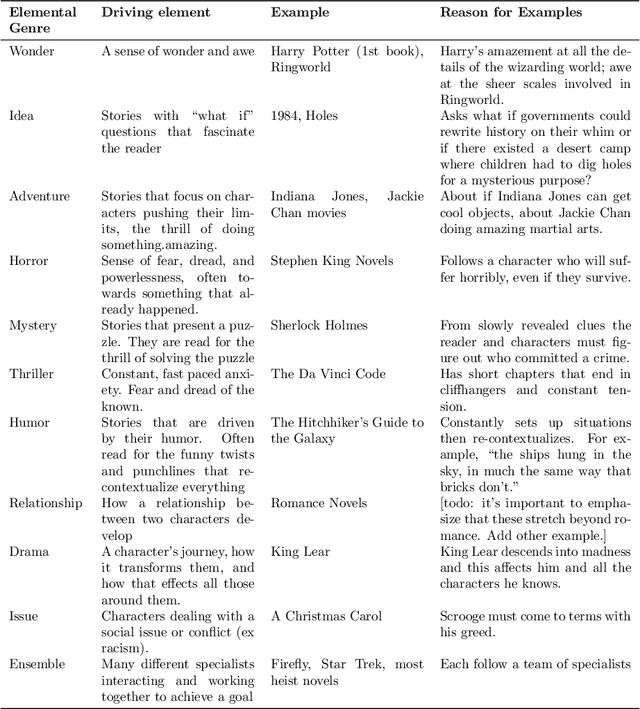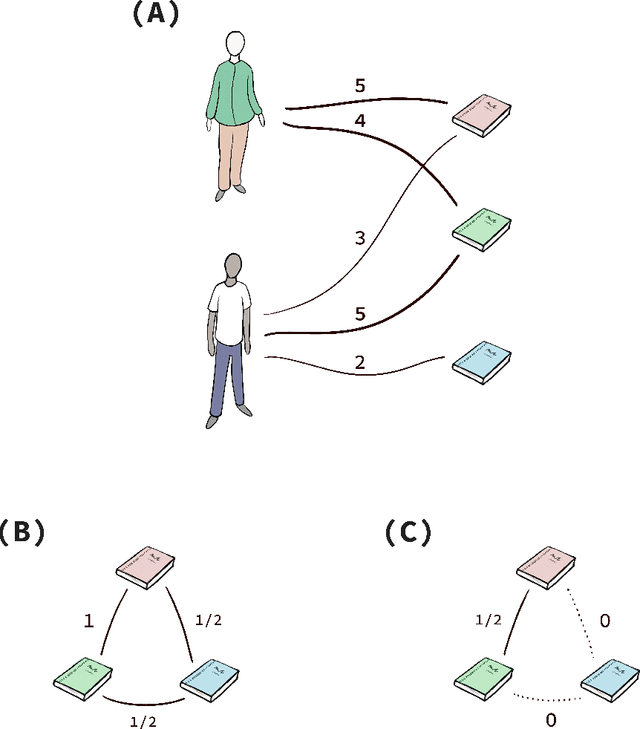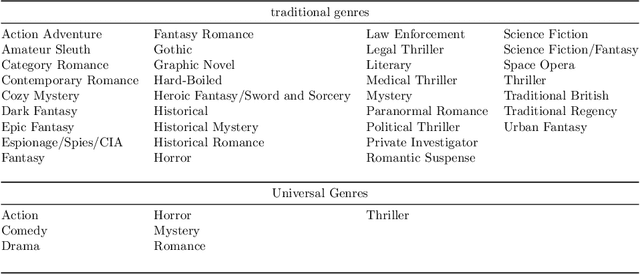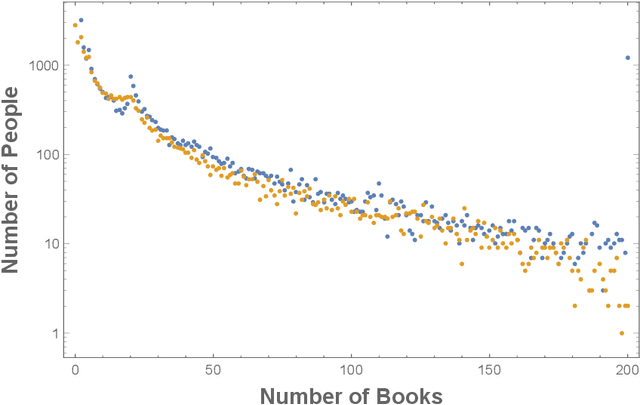Taom Sakal
Michael Pokorny
Humanity's Last Exam
Jan 24, 2025Abstract:Benchmarks are important tools for tracking the rapid advancements in large language model (LLM) capabilities. However, benchmarks are not keeping pace in difficulty: LLMs now achieve over 90\% accuracy on popular benchmarks like MMLU, limiting informed measurement of state-of-the-art LLM capabilities. In response, we introduce Humanity's Last Exam (HLE), a multi-modal benchmark at the frontier of human knowledge, designed to be the final closed-ended academic benchmark of its kind with broad subject coverage. HLE consists of 3,000 questions across dozens of subjects, including mathematics, humanities, and the natural sciences. HLE is developed globally by subject-matter experts and consists of multiple-choice and short-answer questions suitable for automated grading. Each question has a known solution that is unambiguous and easily verifiable, but cannot be quickly answered via internet retrieval. State-of-the-art LLMs demonstrate low accuracy and calibration on HLE, highlighting a significant gap between current LLM capabilities and the expert human frontier on closed-ended academic questions. To inform research and policymaking upon a clear understanding of model capabilities, we publicly release HLE at https://lastexam.ai.
Revisiting the relevance of traditional genres: a network analysis of fiction readers' preferences
Mar 09, 2023



Abstract:We investigate how well traditional fiction genres like Fantasy, Thriller, and Literature represent readers' preferences. Using user data from Goodreads we construct a book network where two books are strongly linked if the same people tend to read or enjoy them both. We then partition this network into communities of similar books and assign each a list of subjects from The Open Library to serve as a proxy for traditional genres. Our analysis reveals that the network communities correspond to existing combinations of traditional genres, but that the exact communities differ depending on whether we consider books that people read or books that people enjoy. In addition, we apply principal component analysis to the data and find that the variance in the book communities is best explained by two factors: the maturity/childishness and realism/fantastical nature of the books. We propose using this maturity-realism plane as a coarse classification tool for stories.
 Add to Chrome
Add to Chrome Add to Firefox
Add to Firefox Add to Edge
Add to Edge